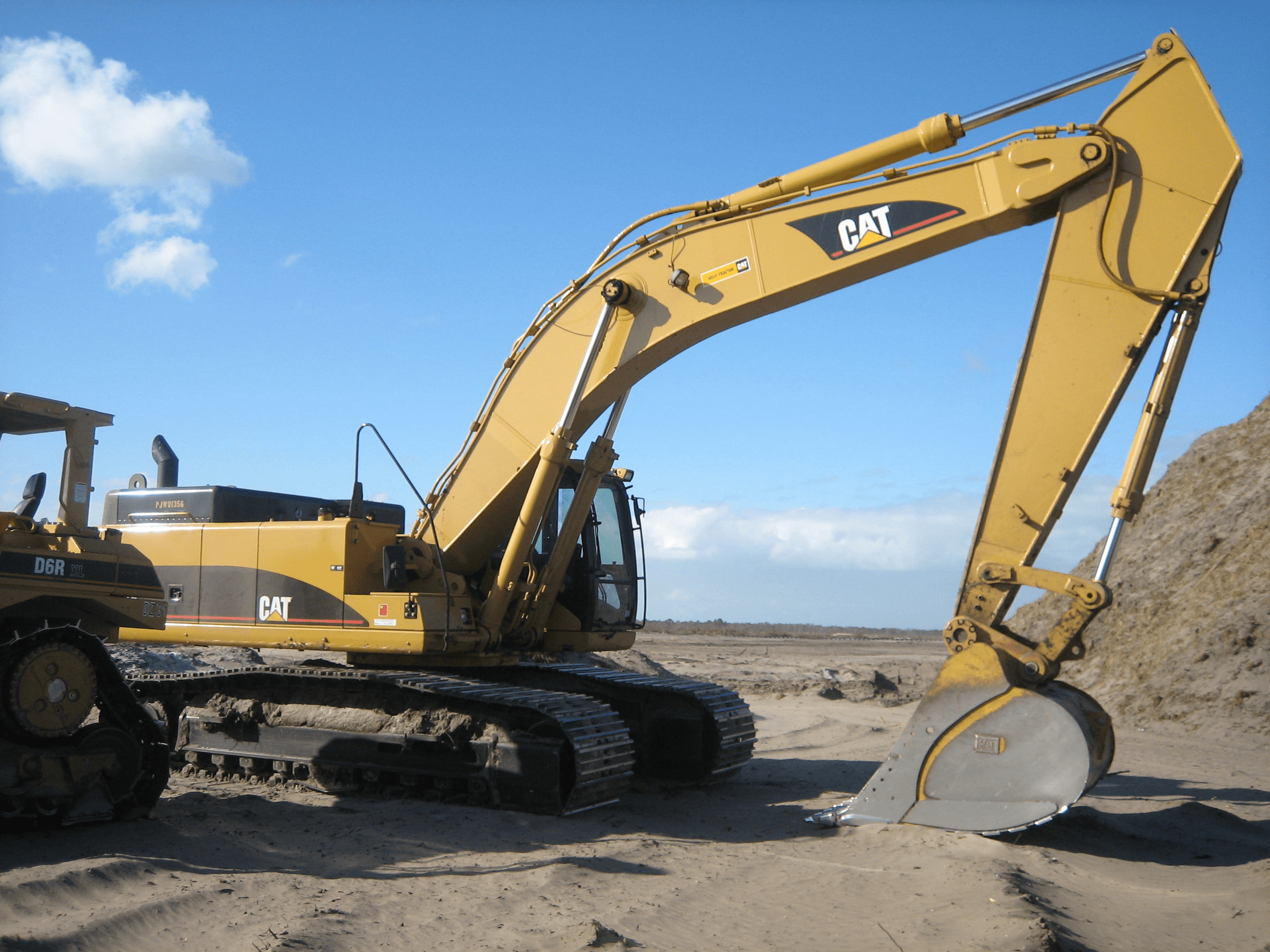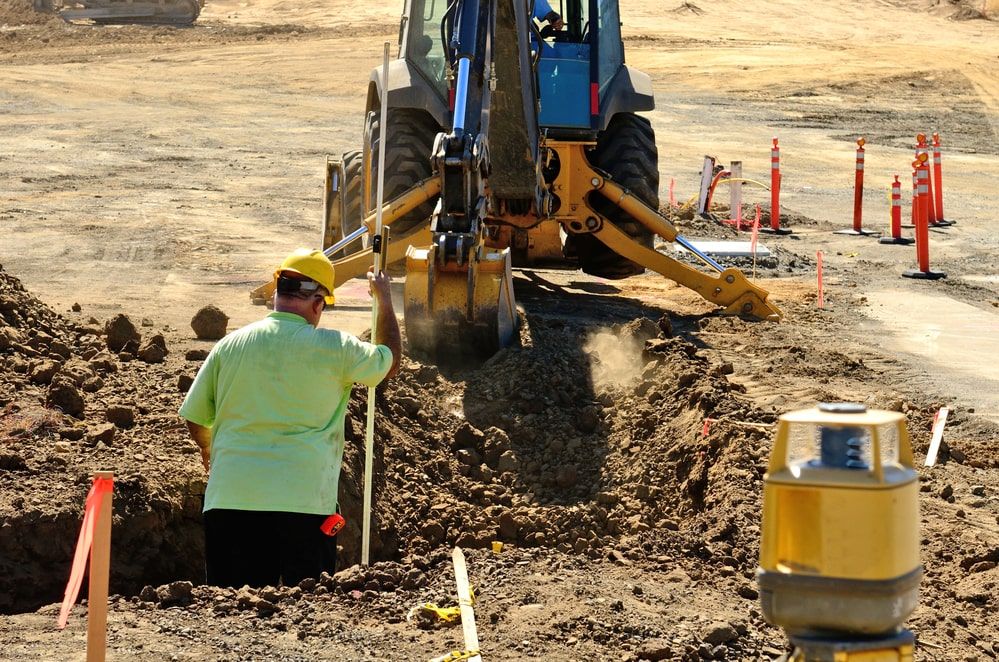Dump Truck Companies in Ohio - Reputable Dump Truck Solutions Across Ohio
Dump Truck Companies in Ohio - Reputable Dump Truck Solutions Across Ohio
Blog Article
Comprehensive Excavation Approaches: Mastering the Fundamentals for Success
The careful preparation, exact implementation, and thorough focus to information called for in excavation tasks demand a detailed approach that incorporates different essential elements. The true proficiency exists not just in recognizing these principles but in effortlessly incorporating them to navigate the complexities of excavation jobs with skill.
Recognizing Excavation Task Planning

Successful excavation projects are developed on the foundation of thorough and detailed planning. The first stage of any type of excavation project is the drawing board, where important choices are made that can considerably impact the outcome of the project. Throughout this stage, it is important to collect all pertinent information concerning the site, including topographical studies, soil structure, and any potential risks that might exist. Recognizing the task timeline, spending plan, and extent restraints is crucial for producing an extensive excavation plan that makes certain the job's success.
One trick aspect of excavation job planning is the advancement of a detailed timeline that lays out the series of milestones, due dates, and activities. This timeline acts as a roadmap for the job group, allowing them to track development and make needed adjustments to make certain the task remains on timetable. In addition, a distinct spending plan that makes up all costs, including devices rental, labor expenses, and materials, is vital for avoiding expense overruns and delays. By meticulously thinking about all these factors during the preparation phase, excavation jobs can be executed successfully and efficiently, leading to effective results.
Soil Analysis and Site Examination
Carrying out complete dirt evaluation and site analysis is a vital action in the preparation stage of any kind of excavation task. Dirt analysis entails establishing the make-up, framework, and properties of the dirt at the excavation website. This info is vital for comprehending the soil's bearing capacity, dampness content, and capacity for erosion, which are vital consider identifying the excavation techniques and equipment needed for the task.
Website examination goes beyond dirt evaluation and incorporates a broader analysis of the total website problems. This analysis includes recognizing any potential hazards, such as below ground energies, environmental problems, or unsteady terrain, that could impact the excavation procedure. By thoroughly assessing the site, project supervisors can create efficient excavation approaches that focus on security, effectiveness, and environmental protection.
Using sophisticated innovations like ground-penetrating radar, dirt sampling, and drone surveys can enhance the precision and performance of dirt evaluation and site examination. Spending time and resources in these preliminary steps can inevitably save time and avoid expensive hold-ups or problems during the excavation procedure.
Tools Option and Utilization
Efficient excavation tasks rely heavily on critical tools selection and utilization to ensure optimal efficiency and performance. Choosing the best equipment for the job is check out here vital in making best use of efficiency and minimizing downtime. Factors such as the kind of soil, depth of excavation, and job extent play a significant role in establishing the most suitable devices for the job handy.

In addition to picking the proper equipment, appropriate utilization is essential to project success. Operators should be educated to deal with the equipment securely and effectively - excavating ohio. Normal upkeep checks and prompt fixings assist prevent breakdowns and make certain constant efficiency throughout the task
Safety And Security Steps and Laws Conformity
In the world of excavation tasks, prioritizing safety actions and compliance with policies is paramount to making sure a safe and legally sound operational setting. Precaution incorporate a series of techniques, consisting of performing complete site assessments, applying appropriate signage and barriers, and offering appropriate safety and security training for all employees involved in the excavation process. Adherence to regulations, such as OSHA demands in the USA, ensures that the excavation task meets the essential criteria to shield workers, onlookers, and the surrounding setting.

Monitoring Progress and Adjusting Approaches
Exactly how can predict managers efficiently track the development of excavation jobs and adapt their techniques accordingly to enhance end results? Surveillance progression is essential for ensuring that excavation projects remain on track and meet target dates. Project supervisors can make use of numerous devices and techniques to track development, such as day-to-day report card, regular website examinations, and look at these guys advanced surveillance modern technologies like drones and GPS tracking systems. By continuously keeping track of the project's advancement, managers can determine any potential hold-ups or problems early and take proactive steps to address them.

Verdict
Finally, understanding the fundamentals of comprehensive excavation approaches is vital for the success of any task. By understanding task preparation, assessing dirt and website conditions, selecting suitable tools, conforming with safety laws, and keeping track of progress, job supervisors can make sure a smooth and efficient excavation procedure. Carrying out these methods will certainly lead to successful results and minimize possible dangers or problems during the excavation job.
The first phase of any kind of excavation project is the planning phase, where critical decisions are made that can dramatically influence the result of the job. Understanding the task budget, range, and timeline constraints is critical for producing a thorough excavation plan that makes certain the task's success.
Just how can predict supervisors effectively track the innovation of excavation projects and adapt their techniques accordingly to optimize outcomes? By closely checking progress and being willing to adapt strategies, project managers can boost the general success of excavation tasks.
By understanding project preparation, evaluating soil and website problems, choosing proper equipment, conforming with safety and more info here security policies, and monitoring progression, project managers can ensure a smooth and reliable excavation procedure.
Report this page